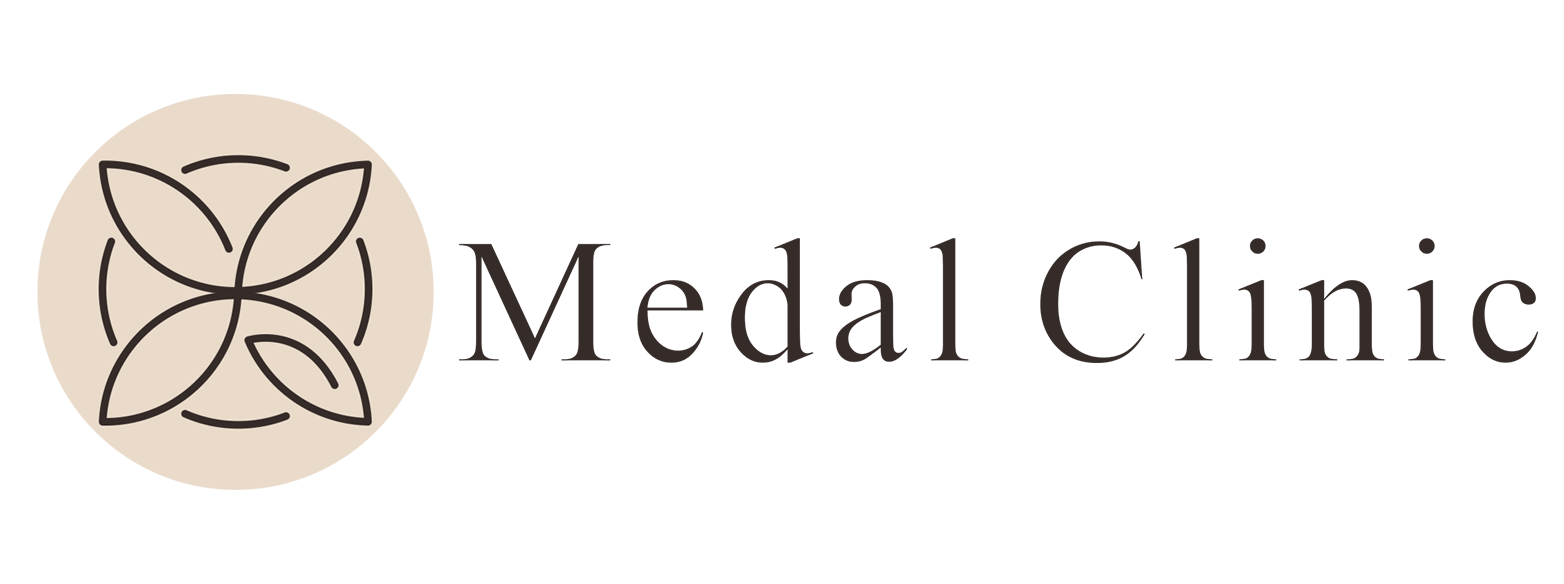Childhood Vaccinations
Unveiling the Power of Childhood Vaccinations: Safeguarding Our Future
Childhood vaccinations, an essential component of preventive healthcare, play a pivotal role in protecting children from life-threatening diseases. By stimulating the body’s immune system to recognize and combat specific pathogens, vaccines enable children to develop immunity and reduce the risk of infection. With scientific advancements, childhood vaccinations have become increasingly safe, effective, and accessible. In this comprehensive guide, we will delve into the importance of childhood vaccinations, address common concerns, and shed light on the benefits of this vital healthcare intervention.
The Significance of Childhood Vaccinations
Childhood vaccinations offer an array of benefits that extend beyond the individual child, safeguarding the overall community and contributing to global public health. Let’s explore the key reasons why childhood vaccinations are crucial:
Disease Prevention:
- Childhood vaccinations protect children from serious infectious diseases, such as measles, polio, hepatitis, and whooping cough.
- Vaccines have been instrumental in eradicating or significantly reducing the prevalence of various diseases worldwide, saving countless lives in the process.
- By preventing the spread of diseases, vaccines create a shield of immunity within communities, making outbreaks less likely.
Herd Immunity:
- Childhood vaccinations help establish herd immunity, a collective defense mechanism that occurs when a significant proportion of the population is immune to a particular disease.
- Herd immunity safeguards vulnerable individuals, including newborns, the elderly, and those with compromised immune systems, who cannot receive certain vaccines or have weaker immune responses.
- By reducing the overall transmission of diseases, childhood vaccinations protect these individuals indirectly, preventing severe illness and potential fatalities.
Long-Term Health Benefits:
- Vaccinations not only shield children from acute illnesses but also contribute to long-term health benefits.
- Immunizations can prevent complications and sequelae associated with diseases, such as pneumonia, encephalitis, and liver disease.
- By reducing the burden of illness, childhood vaccinations enhance overall well-being and contribute to a healthier future.
Cost-Effectiveness:
- Childhood vaccinations are a cost-effective healthcare intervention, preventing expensive medical treatments, hospitalizations, and long-term disability.
- Immunization programs save both direct medical costs and indirect costs associated with lost productivity due to illness.
Childhood vaccinations are a cornerstone of public health, protecting children from a myriad of dangerous diseases and contributing to the well-being of communities worldwide. By understanding the significance of childhood vaccinations, addressing common concerns, and dispelling myths, we can make informed decisions to safeguard the health of our children and future generations.
Remember, childhood vaccinations not only shield individuals from illness but also play a crucial role in maintaining herd immunity and preventing disease outbreaks. Vaccines are rigorously tested and have an excellent safety profile. Any potential side effects are minimal compared to the risks associated with vaccine-preventable diseases.
Let us embrace the power of childhood vaccinations, ensuring the health and well-being of our children and creating a brighter and healthier future for all. Together, we can protect our children and our communities through this simple yet vital healthcare intervention. Stay informed, get vaccinated, and be a part of the movement for a healthier world.
FAQ's about Childhood Vaccinations
Are childhood vaccines safe?
Yes, childhood vaccines undergo rigorous testing and monitoring to ensure their safety and effectiveness. The development and approval process involves extensive research, clinical trials, and regulatory scrutiny. Adverse events following vaccination are rare, and the benefits of vaccines far outweigh the minimal risks.
Can vaccines cause autism?
No, extensive scientific research has found no credible link between childhood vaccines and autism. Multiple studies involving large populations have consistently shown that vaccines do not increase the risk of autism.
Do vaccines weaken the immune system?
Childhood vaccines do not weaken the immune system but rather train and strengthen it. Vaccines stimulate the immune response, helping the body recognize and fight specific pathogens more effectively.
Why should I vaccinate my child if certain diseases are already rare?
While some diseases may have become less prevalent due to vaccination efforts, they can re-emerge if vaccination rates decline. Maintaining high immunization rates ensures the continued protection of vulnerable individuals and prevents disease resurgence.
Can vaccines have side effects?
Like any medical intervention, vaccines can have minor side effects, such as soreness at the injection site, low-grade fever, or mild rash. Serious side effects are extremely rare, and the benefits of vaccination in preventing life-threatening diseases far outweigh the potential risks.
Can my child skip vaccines or delay the vaccination schedule?
It is not recommended to skip or delay vaccines without medical justification. Following the recommended vaccination schedule ensures timely protection against diseases when children are most vulnerable. Delaying or skipping vaccines can leave children susceptible to infections and increase the risk of outbreaks.



